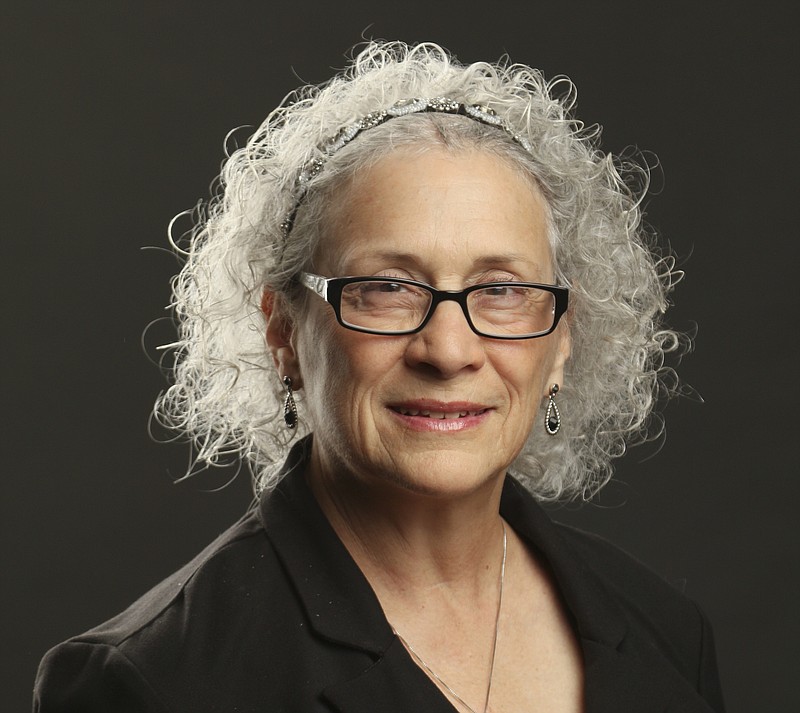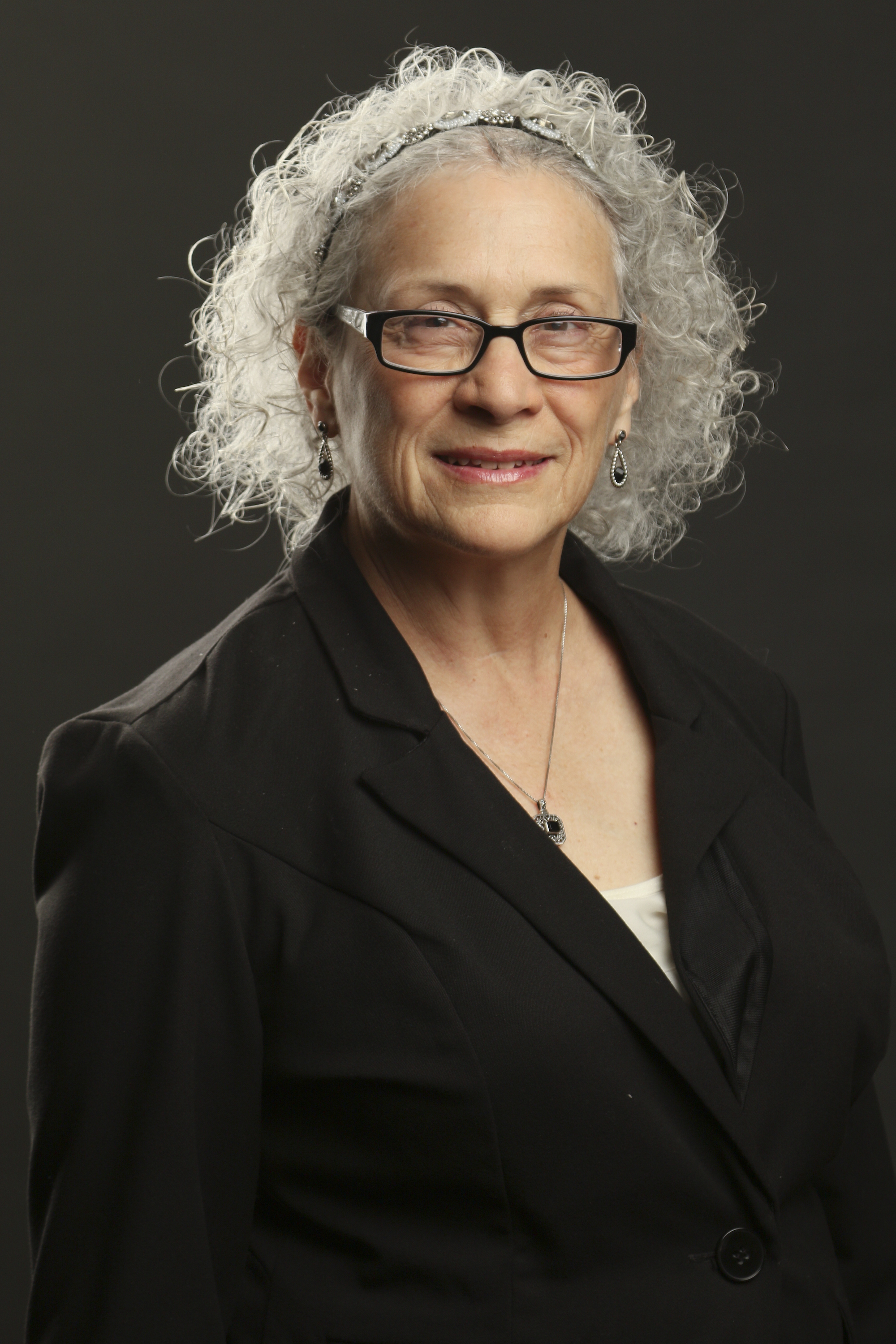There's a spotlight today on the women attempting to transform longtime invisibility into success, money and power. How's that working for us? There's been a disappointing 25 percent decrease in the number of women CEOs in the Fortune 500 in the past year. Several corporate women CEOs earn as much, and sometimes more, than their male counterparts, including Indra Nooyi, CEO of PepsiCo, Debra Cafaro, CEO of real estate investment trust Ventas, and Mary Barra, CEO of General Motors. Unfortunately, women make up only 5 percent of CEOs in the Fortune 500. Astonishingly, only one Fortune 500 company has both a woman CEO and a woman chair of its board of directors. Just one.
Before we get too frustrated, we should congratulate the notable and visible women in business. The national number of women-owned businesses grew 45 percent between 2007 and 2016, five times faster than the national average. Their flight to entrepreneurship may be a rejection of corporate dead ends and closed doors to the executive suite. But their entrepreneurship is driving our economy to the tune of 3 trillion dollars.
Despite the value of businesswomen, only $1.46 billion of the $58 billion invested by venture capitalists in 2016, went to women-owned companies. That same year, the Times Free Press reported that the CEOs of more than 92 percent of our biggest employers were men. Men made up 90 percent of the directors on the boards of publicly traded companies in our region. Why does that matter? Board members have an advantage when a company searches for a new CEO.
While support for women leaders in the business world is slow to grow, Chattanooga is proudly making major efforts to redirect historical trends. The Chattanooga Area Chamber of Commerce now has its first woman president and CEO. The number of groups assisting, mentoring, advising and connecting Chattanooga women have grown in number and in membership. Our progress includes municipal support with the multiple committees of the Mayor's Council on Women.
Despite all these remarkable efforts, the 10 top earning Chattanooga CEOs listed in the Business Section recently were all males. As for boards of directors, go online to see that even in public agencies, women are scarce. There's just one woman board member listed on TVA's website and the same on EPB's website. You probably know corporate boards where just one woman serves, if that.
It's a different story when it comes to community building organizations such as schools, poverty, the arts and health care. The list of Chattanooga's women leaders in community groups would take up multiple pages: organization chiefs, program directors, community liaisons, volunteer coordinators, foundation leaders, education experts and technology officers. Women have had many more opportunities for visibility in municipal agencies and not-for-profits than in the corporate sector. Many are experienced as commission and not-for-profit board members and chairpersons. They understand how a community works: where to go for information and leadership and what products/services are needed.
Blend these women leaders with women entrepreneurs, and we have a talent pool that should be a pipeline to the corporate sector. There's no logical reason for the all-male list of CEOs, or the just-one-woman board of directors. Does the homogeneity help market to women who are the primary buyers of just about everything? Does it help anticipate community trends? Or does it err on the side of "same old-same old"? The answer lies in Chattanooga's many efforts to energize and empower change makers. May the force be with the executive suite.
Deborah Levine is an author and trainer/coach. She is editor of the American Diversity Report. Contact her at deborah@diversityreport.com.

